
Age verification laws are killing web traffic
With the UK having recently brought the Online Safety Act into force, age verification laws are having a huge effect on traffic to web sites. Predictably, sites which comply with age verification requirements have noticed a marked drop-off in visitor numbers, while the opposite is true for non-compliant sites.
In the UK, it is – currently – only pornographic sites that are supposed to implement age verification (although other sites are supposed to take action to prevent minors from accessing adult material as well). Working via a combination of facial scans and documentation checks, the impact of the law has been felt very quickly.
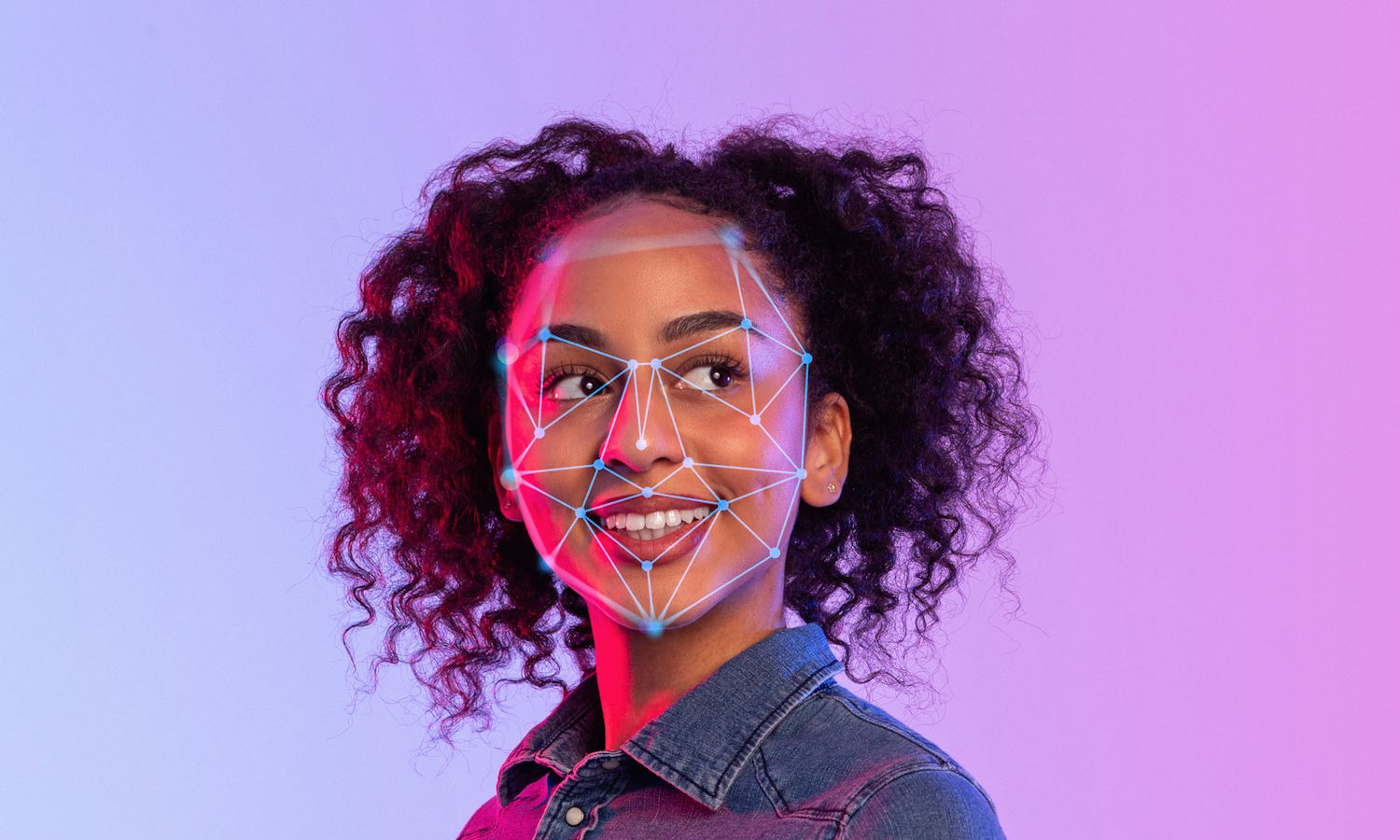
Whoops! Microsoft just broke Windows Hello with the latest Windows 11 update
There can’t be a silver lining without a cloud, and for all of the problems Microsoft managed to fix with the KB5055523 update for Windows 11, there is the small issue of it causing Windows Hello authentication to stop working for some.
While the problem is limited to users who meet fairly narrow criteria, the impact for those affected is significant. If you’re running System Guard Secure Launch or Dynamic Root of Trust for Measurement on Windows 11 and Server 2025, caution is advised.
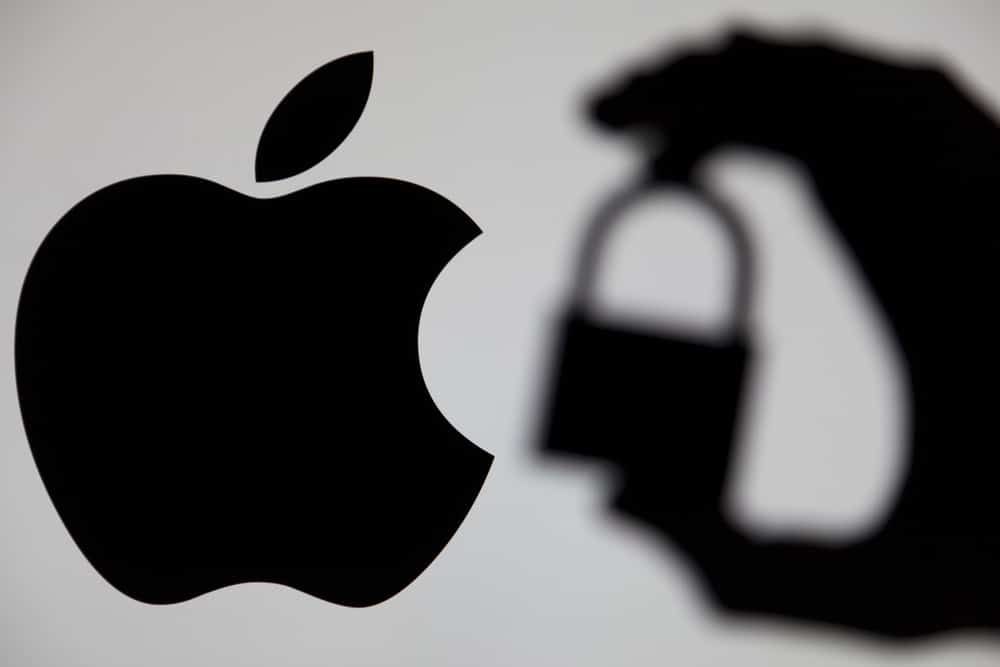
Report: Apple is working on a Face ID powered smart doorbell and lock
Apple looks ready to continue its foray into the smart home market with a new doorbell to rival Amazon’s Ring. Driven by Face ID, Apple’s upcoming device is set to be more than just a doorbell -- facial recognition will be used to unlock the door as well.
But if you are looking for a smart doorbell right now, Apple may not be the choice for you. The company’s work is said to be in the preliminary stages, with products unlikely to emerge until at least the tail end of 2025, but likely some time in 2026.

Microsoft releases KB5022905 update preview to fix numerous Windows 11 problems
Ahead of next month's official release -- and after having launched it for users of the Release Preview build of Windows 11 -- Microsoft has made available a preview of the KB5022905 update for Windows 11.
This is a non-security update, but it fixes a number of issues including difficulties properly deleting user profiles, a Z-order problem with maximized windows and more. It also adds a new advanced auto-learning feature for facial recognition.
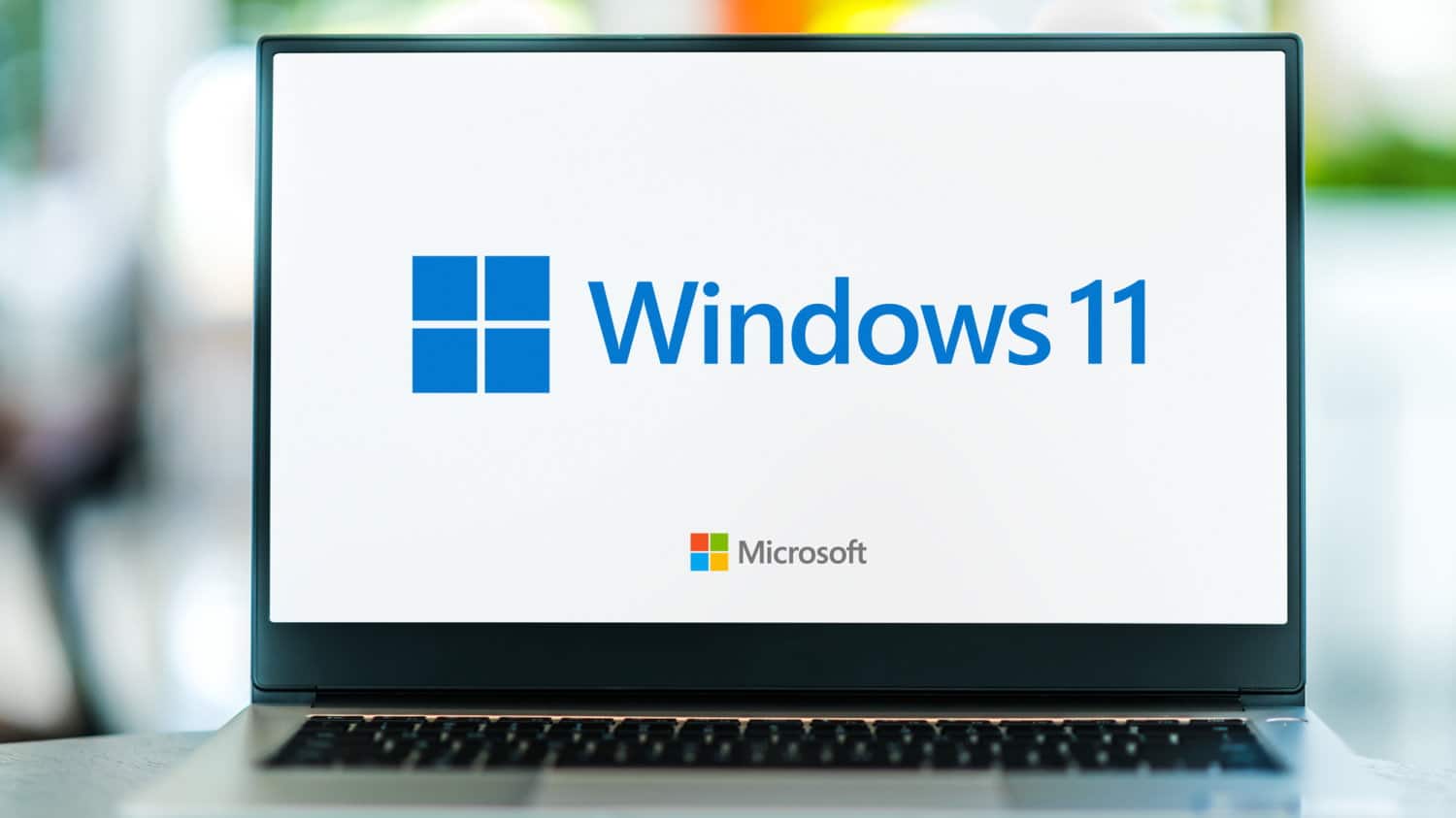
Microsoft is using the KB5022905 update to add new facial recognition features to Windows 11
Microsoft has released a preview version of the KB5022905 update for Windows 11 which not only fixes a host of bugs, but also adds important new facial recognition functionality.
For now, the update is only available to users running Windows 11 Release Preview, and the KB5022905 update which takes Windows 11 up to build 22000.1639. While there are no security fixes in this update, it addresses a lengthy list of issues.
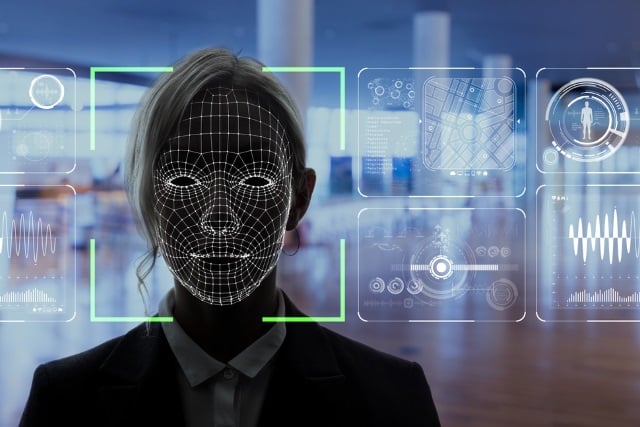
What dangerous security vulnerabilities can access control systems have?
Modern access control systems can recognize employees by their faces. This is very convenient. People do not need to wear a badge with an RFID chip around their necks all the time and use the card with every closed door. It seems that the future has come. Employees can walk around the office with their heads held high, and the doors will open by themselves.
But it turns out that many access control systems that use facial recognition technology have security vulnerabilities. In this article, you will read about the most dangerous problems.

How facial recognition can help improve remote productivity
Remote working has become the norm for many following the COVID pandemic. But while it offers many benefits for both employers and workers, it can also lead to problems with productivity and stress.
A new infographic from work time management firm TrackTime24 looks at some of the issues faced by remote workers and at how improved time tracking technology using facial recognition can help.

Facial recognition -- the good, the bad and the getting older
Your friends may not be willing to tell you that you're looking older, but facial recognition systems have no such reservations.
Face-recognition algorithms might struggle to identify you as the same person after just five years, according to the New Scientist.
Instagram to use video selfies as one method of age verification
Like most social media platforms, Instagram has a minimum age for users -- in this instance, it is 13 years old. But verifying ages online -- particularly for non-adults -- has long proved difficult. Now Instagram thinks it has come up with a solution.
As part of measure to enforce age limits more strongly, Instagram is preparing to use a variety of techniques to confirm that younger users are the age they claim to be. One of the options that will be available to such users is uploading a video selfie which will be shared with age-checking agencies.

Microsoft to retire some facial recognition technology as it takes a more responsible approach to AI
Microsoft has publicly shared its Responsible AI Standard which includes its guidelines for building AI systems. The company says it is publishing the standard in order to "to share what we have learned, invite feedback from others, and contribute to the discussion about building better norms and practices around AI".
In addition to publishing the Responsible AI Standard, Microsoft has also announced that it is closing down some of the capabilities of its Azure Face facial recognition service. Features that are being retied include those that can be used to "infer emotional states and identity attributes such as gender, age, smile, facial hair, hair, and makeup".
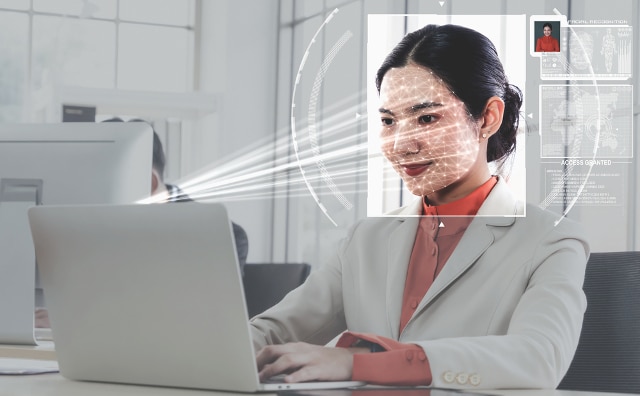
Facial recognition comes to deepin Linux -- can you trust China with your face?
deepin is one of the prettiest Linux distributions, and many people use it every day. Unfortunately, there is a big problem with the operating system -- it is developed in China. While the Chinese people are good, the government of that country is not -- it oppresses its citizens and censors a lot of information. And so, some people are wary of using any Chinese-made software. That is understandable.
Normally I am OK with using deepin Linux, despite its Chinese roots, as it is largely open source. However, with version 20.5, I am a bit hesitant. You see, the newest variant of the operating system adds optional facial recognition for gaining access to your computer. This is similar to Microsoft's Windows Hello -- something I use regularly. But Microsoft is a USA company. When it comes to deepin, can we trust China with our faces?

Meta is deleting a billion 'faceprints' and closing down Facebook's facial recognition system
Facebook's parent company, Meta, has announced a major shift for the social networking, saying it will no longer use facial recognition to identify users in photographs.
As well as closing down the facial recognition system, the company will also delete over a billion people’s individual facial recognition templates. Meta says that it is part of "company-wide move to limit the use of facial recognition in our products", and it is move that will be welcomed by privacy advocates.

Deploying facial recognition in retail stores: How tech benefits consumers and brands
2020 has been nothing short of challenging for businesses and people alike across the globe. Although nearly every company has felt a blow to economic forecasts, they are now pivoting strategies in order to return profitability to the bottom line.
But there is a shining light for retail at the end of the year. The upcoming holiday shopping season has traditionally been a huge source of revenue as consumers have historically spent, individually, upwards of $1,000 each year -- summing up to a total of billions of dollars spent each week from Thanksgiving through Christmas. However, with the pandemic continuing to change traditional consumer shopping behaviors, and local legislation differing across the country as to when stores can have any or full capacity, this year’s holiday shopping season will also look drastically different. In order to turn a profit, retailers need to adapt to the new reality and ensure that the in-store experience is as safe and efficient as possible.

The US shows a 'concerning lack of regard for the privacy of people's biometric data'
When it comes to the extensive and invasive use of biometric data, the USA is one of the worst offenders in the world, faring only slightly better than China.
According to research conducted by Comparitech, which rated 50 countries according to how, where and why biometrics were taken and how they are stored, the US ranked as the fourth worst country. Topping the list is China, followed by Malaysia and Pakistan.
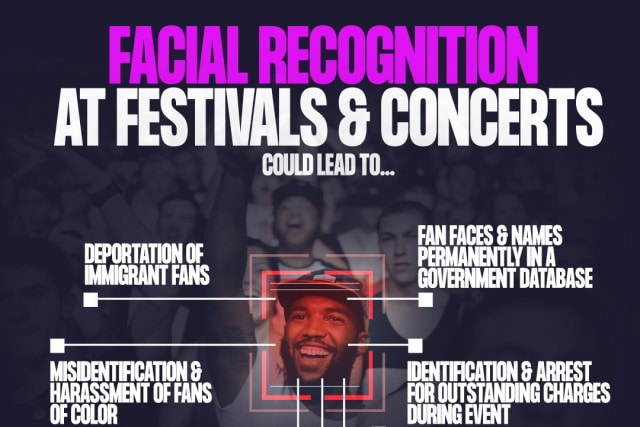
Fight for the Future launches new campaign to oppose the use of facial recognition tech at music festivals and gigs
Digital rights and advocacy group Fight for the Future has launched a campaign protesting against the use of facial recognition technology at music events.
Big names such as Tom Morello, Gramatik and Amanda Palmer are backing the campaign which calls upon the likes of Ticketmaster to commit to not using the invasive surveillance technique at their festivals and concerts.
